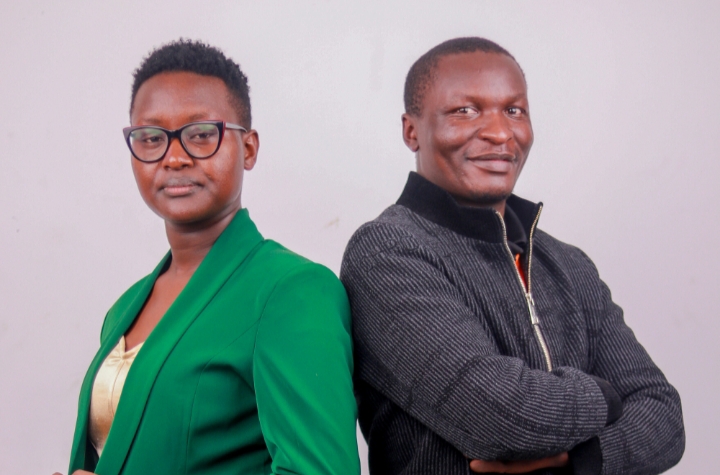Mwelekeo TV recently featured an insightful discussion that has sparked conversations among young Kenyans about their role in shaping the country’s political future.
In the discussion, youth leader and researcher Davis Oluoch, who works with the Orange Democratic Movement (ODM), shared his thoughts on how political parties can rebuild trust with the youth.
His ideas have drawn attention because many young people in Kenya have lost faith in politics, seeing it as distant, corrupt, and full of empty promises. For years, they have watched policies come and go with little real impact on their lives, while unemployment, inequality, and corruption remain major challenges.
But Oluoch believes that politics can change and that the youth themselves can help drive this transformation.
He argues that the first step is transparency. Many young Kenyans see political parties as closed clubs where decisions are made secretly and money flows without accountability. Oluoch says that must change.
Parties should open up about how they make decisions, how they spend their funds, and who benefits from their programs. He explains that when parties keep these processes hidden, young people become skeptical and stay away.
The issue of money, in particular, is a big barrier. The cost of joining a party, running for office, or simply being active in campaigns is too high for most youth. Oluoch suggests that parties should lower entry costs and set up fairer systems that encourage participation.
Training programs and mentorship opportunities could also help young people who want to enter politics but lack resources or guidance.
The second point he raises is the need for research-based decision-making. According to Oluoch, many political promises fail because they are not built on real data.
In his work with ODM, he helps gather evidence about what young people truly need—whether it’s better access to jobs, entrepreneurship opportunities, or technical training.
He proposes the creation of a national youth database that tracks skills, education, and employment trends.
This would help design programs that actually respond to current realities, such as setting up business incubation centers in each region or providing tax incentives for youth-led startups.
When policies are informed by solid research, they are more likely to succeed and less likely to frustrate those they are meant to help.
Oluoch’s third focus is genuine youth inclusion. He notes that although young people make up more than half of Kenya’s population, their representation in political parties is minimal.
In ODM, for example, top committees may only include one youth representative. He calls for at least 10 percent youth representation in decision-making organs, emphasizing that this is not just about filling quotas it’s about ensuring that youth ideas influence real policy outcomes. Oluoch’s own story illustrates what inclusion can achieve.
Starting as a university student at Maseno, he joined ODM in 2021 and later helped form the ODM New Generation, a movement within the party designed to bring youthful ideas and innovation. He believes young people can move from protest to policy if they are given meaningful space to lead.
These views were shared during a Mwelekeo TV discussion hosted by Mwelekeo Insights, a Kenyan research and media platform known for promoting open, fact-based conversations.
The channel has become a respected space where data meets dialogue, featuring voices like Vivian Kabiru on digital empowerment and Angel Mbuthia on youth activism. With over 1,300 subscribers, it continues to highlight real issues facing Kenyans without sensationalism or bias.
Oluoch’s message is about possibility. He says Kenya can only achieve lasting change if its politics becomes more transparent, research-driven, and inclusive. He even challenges the idea of a youthful presidency, arguing that with unity and preparation, the next generation can lead effectively.
Initiatives like the Raila Odinga Leadership Academy could be key to preparing future leaders. For those interested in learning more about these ideas, the full interview is available on Mwelekeo TV a practical conversation that invites young Kenyans to see politics not as a distant game, but as a space where their voices truly matter.



